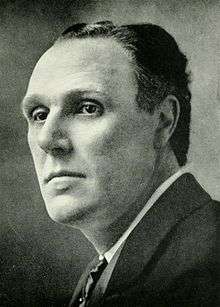Robert Laurie Morant

Sir Robert Laurie Morant (7 April 1863 – 13 March 1920) was an English administrator and educationalist [1]
Career overview
He was educated at Winchester College and New College, Oxford.
After a year teaching at a Preparatory School, he was appointed as tutor to the crown prince of Siam. On his return, he worked at the Toynbee Hall settlement in the East End of London. In 1896 he married Helen Mary Cracknell.
He then joined a research unit reporting to the Privy Council on Education and thence to the Board of Education, where he rose rapidly to become its Permanent Secretary in April 1903. He was responsible for some of the new ideas in the Education Act 1902 and ensured the Board effectively implemented it.
He then accepted a post chairing the Commission to implement the National Insurance Act 1911. This included a huge and wide-ranging task of administration and even included the foundation of the precursor of the Medical Research Council. Morant promoted and largely drafted National Insurance Act 1913, correcting problems in the previous Act.
He served on the Haldane committee on the Machinery of government, 1917–18.
When the Ministry of Health was created in 1919 he became its Permanent Secretary.
He died of influenza on 13 March 1920.
Offices held
| Government offices | ||
|---|---|---|
| Preceded by Unknown |
Permanent Secretary of the Board of Education 1903–1911 |
Succeeded by Unknown |
| Preceded by New post |
Chairman of the National Health Insurance Commission 1911–1919 |
Succeeded by Unknown |
| Preceded by New post |
Permanent Secretary of the Ministry of Health 1919–1920 |
Succeeded by Sir (William) Arthur Robinson |
References
- ↑ Oxford Dictionary of National Biography article by Geoffrey K. Fry, Morant, Sir Robert Laurie (1863–1920) , accessed 26 Feb 2007.
External links
|